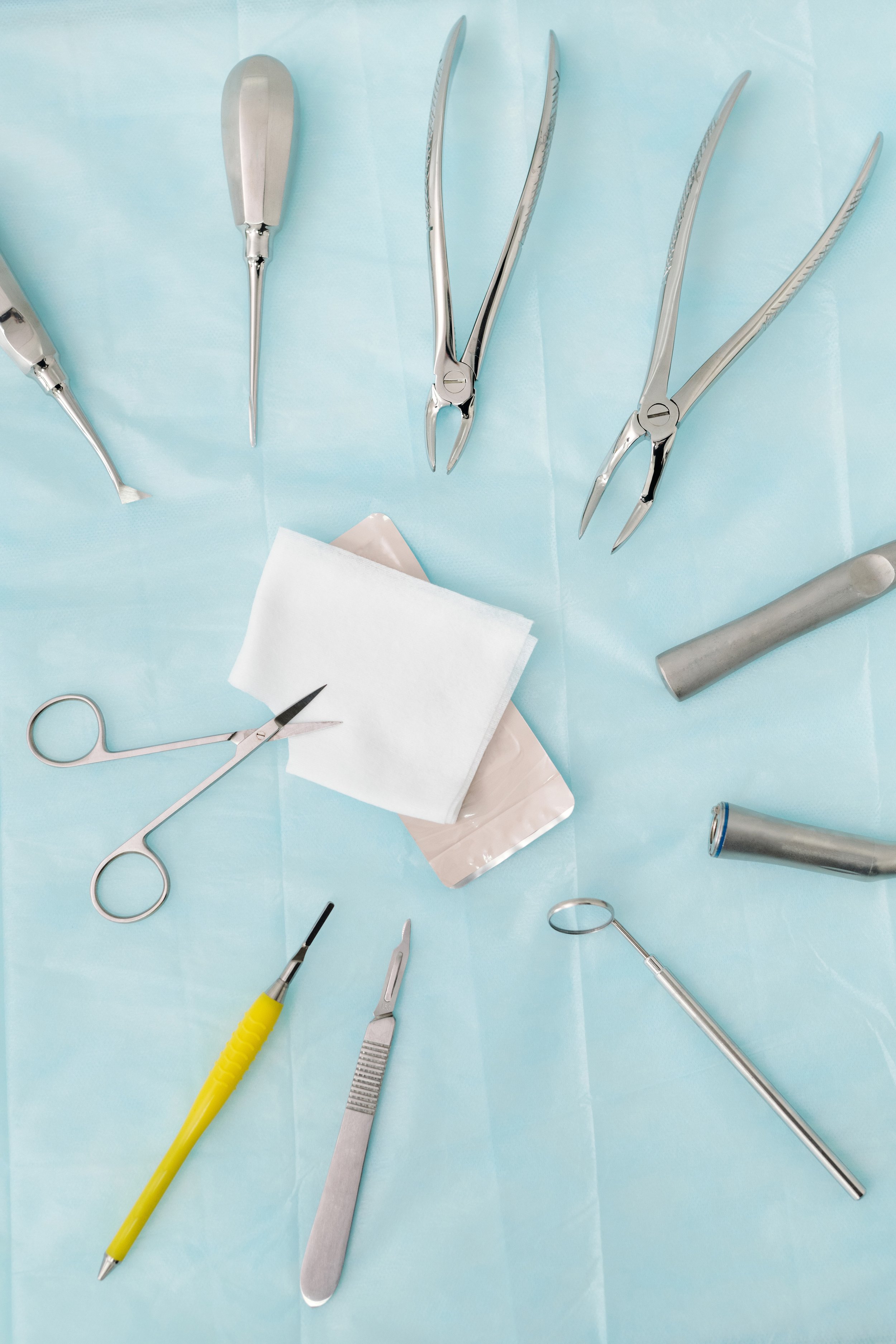As the year comes to a close, it’s important to check on your finances and make sure everything is in tip top shape. This is especially important when it comes to your insurance payments, since most plans renew at the beginning of the following year.
Dental insurance is no different. Unfortunately, dental insurance often falls on the back burner, just like dental health does. If you’re not careful, you’ll wind up wasting money because your dental benefits do not roll over to the next year.
That’s why Dr. Mensah, a top-rated dentist in Chapel Hill, is here to help you get the most bang for your buck before your dental benefits expire in 2023. Let’s first dive into what exactly dental insurance is and what it does for you.
What Is Dental Insurance?
Dental insurance is a form of insurance that covers certain dental procedures at a set cost. By paying money to your insurance company every month – also known as a premium – you can enjoy the benefits of your dental plan over the course of a year.
Your premium and the amount your insurance will cover for each approved dental procedure varies based on the plan you have. Sometimes dental plans also come packaged with other health plans like vision plans.
It’s important to note that dental insurance is not limitless. Most plans have “caps” that limit how much your insurance will cover for certain procedures or for the total costs over the course of a year. Learning what this limit is will be extremely important as you figure out how to maximize your dental benefits.
What Oral Health Treatments Do My Dental Benefits Cover?
Each dental plan is different, therefore, there is no set answer to this. When you first get your dental insurance, you will need to read the fine print carefully to figure out what dental services are covered and at what amount.
For patients who deal with frequent dental issues or who know they will need extensive dental or orthodontic treatments, some plans may be more helpful to them than others. For patients who typically only go to the dentist for their yearly dental exam and teeth cleaning, a basic plan will likely take care of all of their needs.
However, it’s always best to prepare for the unexpected. No one can predict when they might have to deal with a dental emergency like a chipped or cracked tooth. When choosing your plan, make sure to find out what will be covered if a dental emergency happens.
Most Common Covered Dental Procedures
For the most part, dental insurances will cover dental services that are deemed medically necessary. This means they will typically cover the procedures that will improve your oral health if it is at risk.
These dental treatments include:
Dental fillings
Teeth cleanings and dental exams
Tooth extractions
Dentures
Root canals
Dental sealants for children
Most Common Dental Procedures That Won't Be Covered
Meanwhile, dental treatments that aren’t seen as medically necessary typically won’t be covered at all by your dental insurance plan. You will likely have to pay out of pocket for the procedure if you want to have it done.
These treatments typically include cosmetic dental procedures, such as:
Dental crowns
Dental veneers
Braces
Dental sealants for adults
Where Can I Get Dental Insurance?
Your Employer
If you don’t have a dental insurance plan, there are a few ways to start one before the next year begins. For many people, dental insurance comes as part of a health insurance plan package that their job offers. You can ask your company’s Human Resources Department for more information on their health insurance package if you’ve just been hired.
Take a Look at the Health Insurance Marketplace
You can also get dental insurance by perusing the health insurance marketplace, which can be found online with a Google search. There is a huge list of plans available, and you can organize them based on the cost of their premiums to find the monthly price that fits your budget.
However, keep in mind that for some health insurance plans that come with dental insurance, the plan may not allow you to get your dental procedures covered until the following year.
The Medicare open enrollment period in the United States–which is the period of time when you can start a health insurance plan from the health insurance market–starts on October 15th and lasts until December 7th. If you don’t get on a plan by the end date, you may need to wait until next year to get a plan from the health insurance market.
It’s also important to note that some dental plans – whether they’re paired with a health insurance plan or not – can also have a waiting period attached to them. This means that you may have to wait several months before certain dental procedures are covered under your dental plan.
Getting the Most Out of Your Dental Plan in Chapel Hill, NC
One of the most important things you need to know about dental insurance is that your dental benefits will not roll over to the next year. If you don’t go to the dentist at all, that means that every premium you paid to keep your dental insurance active was wasted on dental services that you never received.
If you’re reading this now and you’re worried that it’s too late to get the most bang for your buck, don’t worry. Dr. Mensah has you covered with a list of quality dental services you can choose from, including:
Safe tooth extractions
Dental sealants
And much more
If you don’t have any significant dental concerns, it’s still a good idea to get a dental checkup to use up some of your dental benefits. You can also get a free consultation in Chapel Hill with our dentist to discuss your oral health goals and ask what procedures you can have done before the end of the year.
Schedule an Appointment to Improve Your Dental Hygiene With Your Holistic Dentist in Chapel Hill
At Integrative Holistic Dentistry, we do more than take care of your oral health. Our holistic dental treatments in Chapel Hill are designed with your entire body’s health in mind. We also use advanced dental technology to make each appointment as smooth and thorough as possible.
Contact us today to schedule an appointment with Dr. Mensah and his team!




